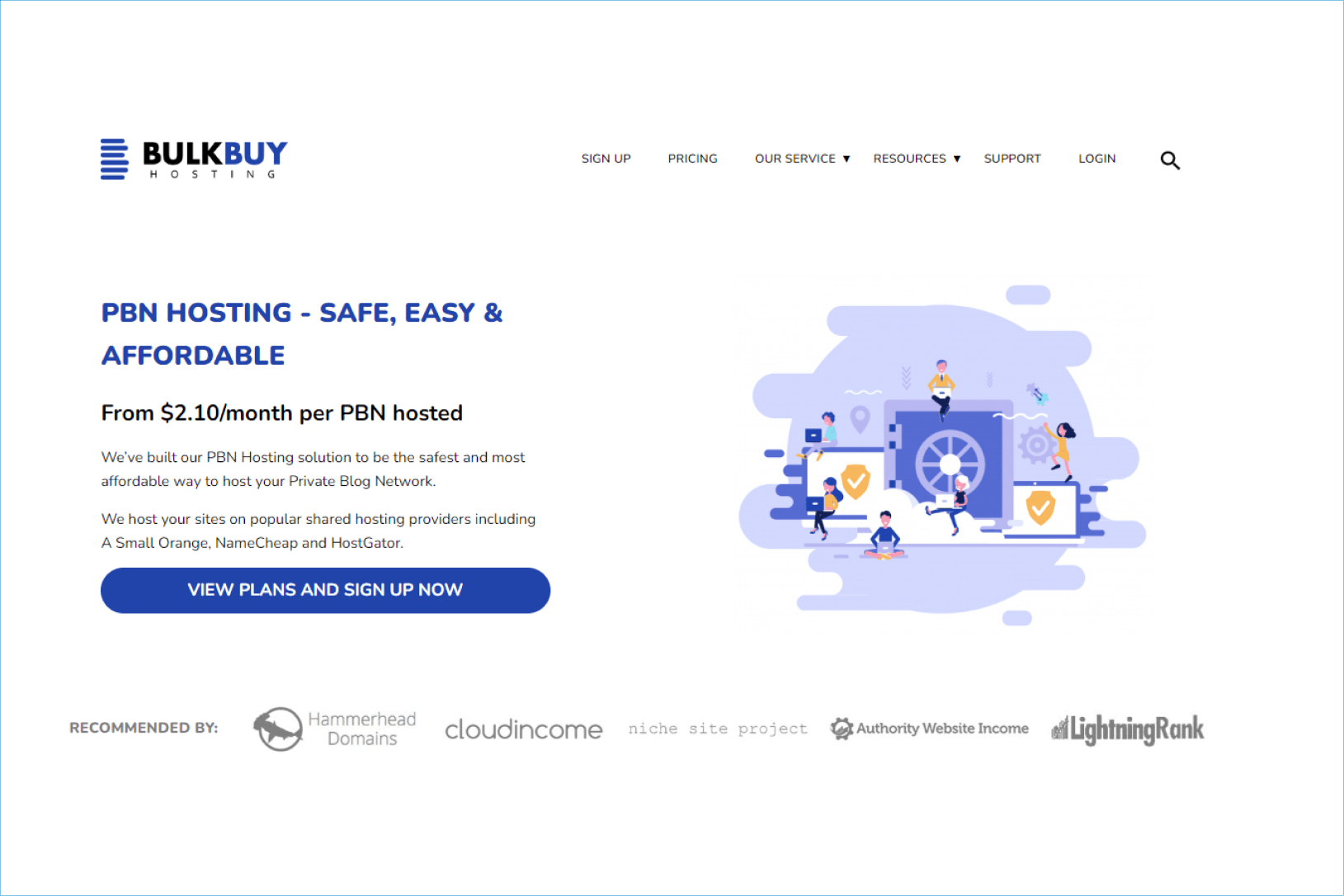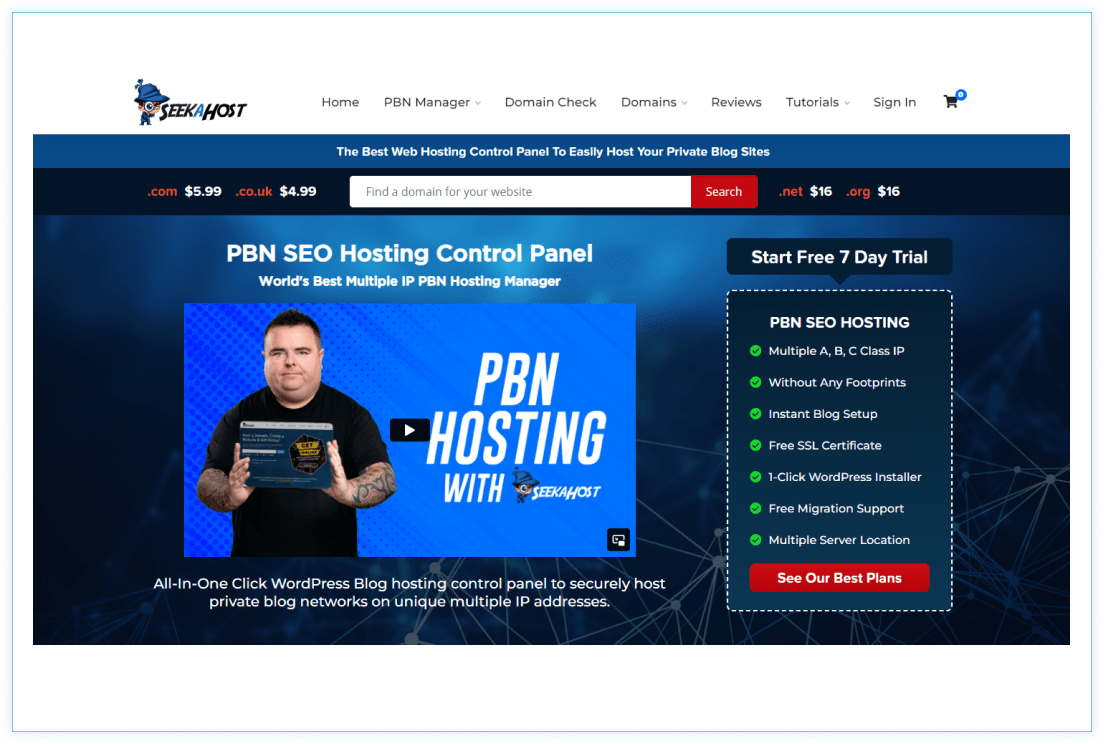
Keyword research is a critical step in the SEO process. It helps you understand what your audience is searching for, helping you to create content that meets their needs and ranks higher on search engine results pages (SERPs).
In this guide, we’ll walk you through the essential steps to do effective keyword research for SEO.
Key Takeaways
- Keyword research involves identifying and analyzing the specific words and phrases people use to search for information, products, or services on the internet.
- The goal of keyword research is to understand the language and terms that your target audience uses, so you can optimize your website’s content accordingly. This helps search engines like Google better understand the relevance of your content to users’ queries, increasing the chances of your content being displayed in search engine results pages (SERPs)
- Before you begin keyword research, it’s essential to have a clear understanding of your niche. This involves knowing your target audience, their pain points, interests, and the language they use.
- Keyword research tools often provide insights into the keywords your competitors are targeting. By analyzing this data, you can identify gaps in their strategy, discover new opportunities, and understand what works in your industry.
- High search volume means more potential traffic, but it also often means higher competition. Look for keywords with a good search volume but lower competition to maximize your chances of ranking.
What is Keyword Research?
Keyword research involves identifying and analyzing the specific words and phrases people use to search for information, products, or services on the internet. The goal of keyword research is to understand the language and terms that your target audience uses so you can optimize your website’s content accordingly. This helps search engines like Google better understand the relevance of your content to users’ queries, increasing the chances of your content being displayed in search engine results pages (SERPs).
Why is Keyword Research Important?
Keyword research is an essential part of Search Engine Optimization (SEO) for several reasons:
Understanding User Intent
Keyword research helps you understand what your audience is looking for. By analyzing the keywords people use, you can gain insights into their needs, questions, and the solutions they seek. This understanding allows you to create content that addresses their specific intent, leading to higher engagement and satisfaction.
Improving Search Engine Rankings
Identifying the right keywords allows you to optimize your content for search engines. When your content includes relevant keywords, it is more likely to rank higher on search engine results pages (SERPs). Higher rankings lead to increased visibility, which can drive more organic traffic to your site.
Targeting the Right Audience
Effective keyword research helps you reach your target audience. By focusing on keywords that are relevant to your niche and audience, you attract visitors who are genuinely interested in your products, services, or information. This targeted approach increases the likelihood of conversions, whether they are sales, sign-ups, or other desired actions.
Finding Content Ideas
Keyword research is a great source of content ideas. By exploring popular keywords and phrases, you can identify topics that are in need. This helps you create content that is timely, relevant, and valuable to your audience, keeping your content strategy fresh and engaging.
Analyzing Competitors
Keyword research tools often provide insights into the keywords your competitors are targeting. By analyzing this data, you can identify gaps in their strategy, discover new opportunities, and understand what works in your industry. This competitive analysis helps you stay ahead and refine your own SEO tactics.
Enhancing PPC Campaigns
In addition to SEO, keyword research is essential for pay-per-click (PPC) advertising. Understanding which keywords have high search volumes and low competition can help you create more effective PPC campaigns. This ensures your ads reach the right audience, maximizing your return on investment (ROI).
Optimizing for Long-Tail Keywords
Long-tail keywords, which are longer and more specific phrases, often have lower competition and higher conversion rates. Keyword research helps you identify these valuable keywords, allowing you to target niche segments of your audience more effectively. Optimizing for long-tail keywords can lead to higher rankings and more qualified traffic.
Adapting to Market Changes
The digital landscape is constantly evolving. Regular keyword research helps you stay updated with changes in search behavior, industry trends, and market demands. This adaptability ensures that your SEO strategy remains effective and relevant, keeping you ahead of the competition.
Maximizing Content ROI
Investing time in keyword research ensures that your content efforts are focused on areas with the highest potential impact. By targeting keywords with significant search volume and relevance, you increase the chances of your content being found and appreciated by your audience, leading to better overall ROI.
How To Do Keyword Research for SEO
Here’s a step-by-step guide to help you run complete keyword research for SEO:
Understand Your Niche
Before you begin keyword research, it’s essential to have a clear understanding of your niche. This involves knowing your target audience, their pain points, interests, and the language they use. This fundamental knowledge will direct your keyword research and assist you in identifying relevant topics.
Brainstorm Seed Keywords
Seed keywords are the basic terms related to your niche. They are usually broad and general. Start by brainstorming a list of seed keywords. For example, if your niche is digital marketing, seed keywords might include “SEO,” “content marketing,” or “social media marketing.”
Use Keyword Research Tools
Keyword research tools are essential for finding and analyzing keywords. Some popular tools include:
- Google Keyword Planner: Ideal for discovering keywords related to your business and seeing their search volume.
- Ahrefs Keywords Explorer: Offers extensive data on keyword difficulty, search volume, and related keywords. We use it daily in our work.
- SEMrush: Provides a comprehensive suite of tools for keyword research and competitive analysis.
- Ubersuggest: Useful for finding keyword ideas and understanding their search volume and competition.
Analyze Search Volume and Competition
When selecting keywords, it’s important to balance search volume and competition. High search volume means more potential traffic, but it also often means higher competition. Look for keywords with a good search volume but lower competition to maximize your chances of ranking. Also, you can read our article https://quirk.biz/how-to-beat-competitors-at-seo/.
Consider Long-Tail Keywords
Long-tail keywords are longer, more specific phrases that users are more likely to search for. These keywords typically have lower search volume but are easier to rank for and often result in higher conversion rates. For example, instead of targeting “SEO,” you might target “SEO tips for small businesses.”
Analyze Search Intent
Understanding the search intent behind keywords is crucial. Are users looking for information, wanting to make a purchase, or seeking a specific website? Analyze the search engine results page (SERP) for your target keywords to see what type of content is ranking. This helps you create content that matches user intent.
Check Competitor Keywords
Analyzing your competitors can provide valuable insights. Use tools like Ahrefs or SEMrush to see what keywords your competitors are ranking for. This can help you discover new keyword opportunities and understand what works in your niche.
Organize and Prioritize Keywords
Once you have a list of potential keywords, organize them into categories based on topics or themes. Prioritize keywords based on factors like search volume, competition, and relevance to your audience. This will help you create a content strategy that targets the most valuable keywords.
Create Content Around Your Keywords
With your prioritized keyword list, start creating high-quality, engaging content that addresses the needs and interests of your audience. Ensure your content is well-structured, includes the target keywords naturally, and provides real value to readers.
Monitor and Refine
Keyword research is not a one-time task. Regularly monitor the performance of your keywords using tools like Google Analytics and Google Search Console. Track your rankings, traffic, and user engagement to see how well your keywords are performing. Refine your strategy based on this data to continually improve your SEO efforts.
Conclusion
Effective keyword research is the cornerstone of successful SEO. By understanding your niche, using the right tools, analyzing search volume and competition, and creating high-quality content, you can improve your search engine rankings and drive more organic traffic to your site. Keep refining your approach based on performance data to stay ahead in the competitive world of SEO.















































































